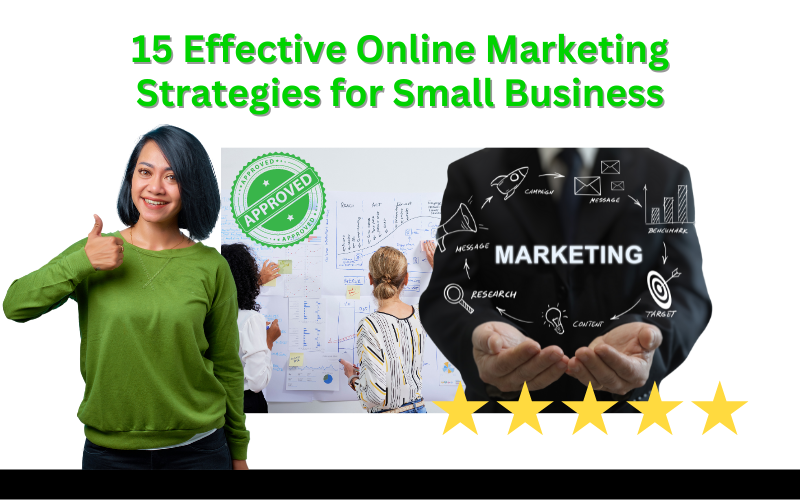Online marketing strategies for small business not only help you reach a wider audience but also allow you to engage with potential customers in meaningful ways. Whether you’re just starting or looking to enhance your existing marketing efforts, understanding and implementing these strategies can significantly impact your business growth. In this comprehensive guide, we’ll explore 15 effective online marketing strategies that can help you maximize your reach, boost your visibility, and drive sales.
Table of Contents
1. Search Engine Optimization (SEO)
SEO is the backbone of any online marketing strategy. It involves optimizing your website so that it ranks higher in search engine results pages (SERPs) for relevant keywords. A well-optimized website can drive organic traffic, generate leads, and increase brand visibility.
How to Implement:
- Conduct thorough keyword research using tools like Ahrefs, SEMrush, or Google Keyword Planner.
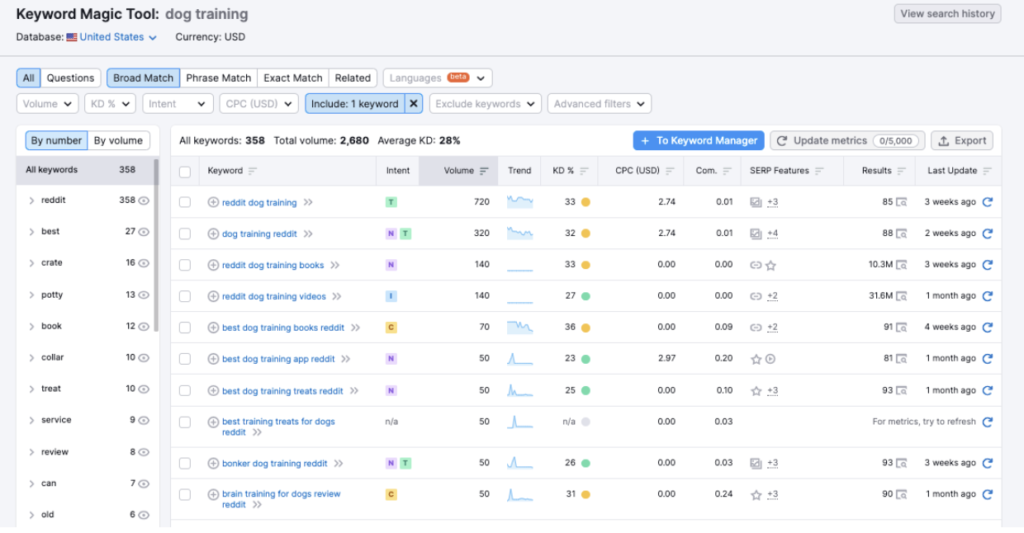
- Optimize on-page elements, including meta titles, meta descriptions, headers, and alt tags for images.
- Build quality backlinks from authoritative websites to improve your website’s credibility.
Pro Tip: Regularly publish high-quality content on your website to maintain SEO rankings.
2. Content Marketing
Content marketing is about providing valuable information to your audience through blog posts, articles, infographics, videos, and eBooks. It establishes your business as an authority in your niche and builds trust with potential customers.
How to Implement:
- Identify your target audience’s pain points and create content that offers solutions.
- Use a mix of formats like blog posts, video tutorials, case studies, and infographics to engage different types of learners.
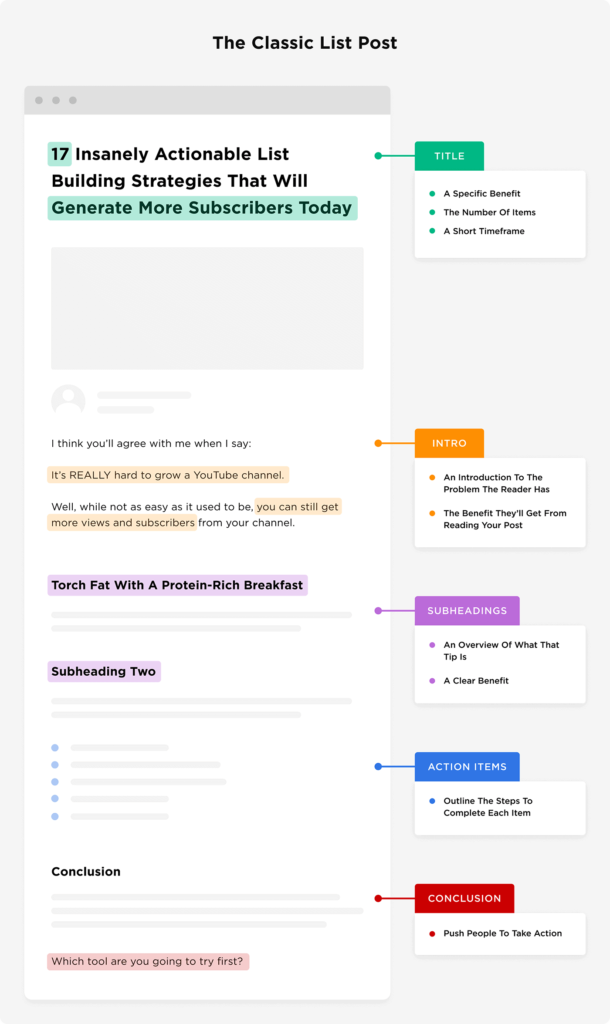
- Share your content across various platforms to increase reach.
Pro Tip: Create evergreen content that remains relevant over time, ensuring continuous traffic.
3. Social Media Marketing
Social media marketing is one of the most powerful online marketing strategies for small businesses. Platforms like Facebook, Instagram, Twitter, and LinkedIn offer a way to connect with your audience, build brand awareness, and promote your products or services.

How to Implement:
- Choose platforms where your target audience is most active.
- Create a content calendar to consistently post engaging and relevant content.
- Use social media analytics to monitor performance and adjust your strategy accordingly.
Pro Tip: Utilize paid social media advertising to reach a broader audience.
4. Email Marketing
Email marketing is an effective way to nurture leads and maintain relationships with existing customers. By sending newsletters, promotional offers, or updates, you can keep your audience engaged.
How to Implement:
- Build an email list by offering lead magnets, such as free eBooks, checklists, or discounts.

- Segment your email list based on customer behavior, preferences, or purchase history.
- Personalize your emails to improve open rates and click-through rates.
Pro Tip: Use automation tools like Mailchimp, Constant Contact, or ConvertKit to streamline your email marketing efforts.
5. Pay-Per-Click (PPC) Advertising
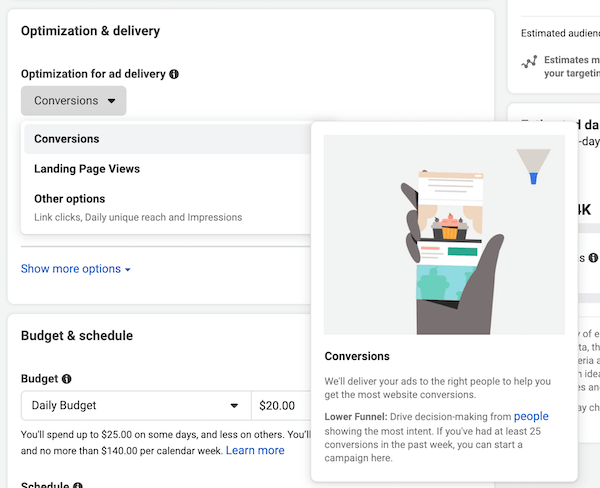
PPC advertising allows small businesses to target specific demographics through paid ads on search engines and social media platforms. Google Ads and Facebook Ads are popular options that can help you reach potential customers quickly.
How to Implement:
- Set a budget and create targeted ad campaigns based on keywords or audience interests.
- Use A/B testing to experiment with different ad copy, images, or call-to-action buttons.
- Monitor your ad performance and make adjustments to optimize for better results.
Pro Tip: Start with a small budget to test the effectiveness of your ads before scaling up.
6. Local SEO
Local SEO is essential for small businesses that rely on local customers. By optimizing your online presence for local searches, you can attract nearby customers who are looking for your products or services.
How to Implement:
- Claim and optimize your Google My Business listing with accurate information, images, and customer reviews.
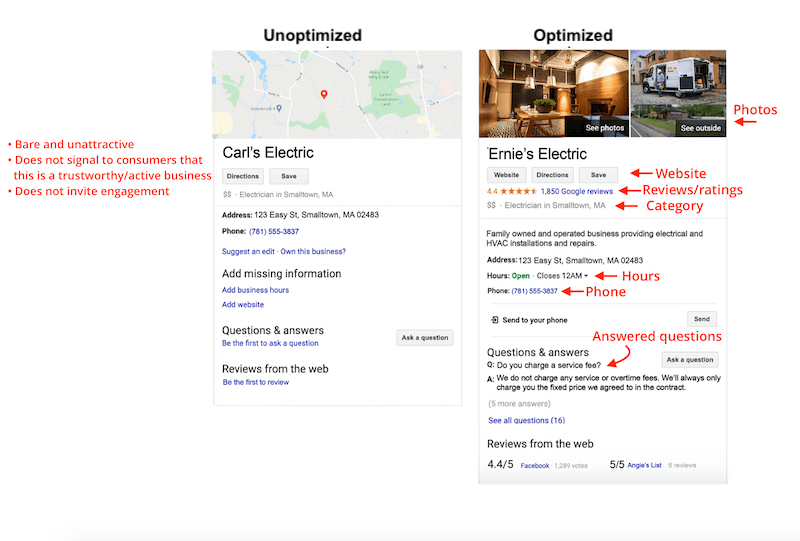
- Include location-specific keywords in your website content and meta descriptions.
- Encourage satisfied customers to leave positive reviews on platforms like Google or Yelp.
Pro Tip: Use local business directories and online forums to boost your local presence.
7. Influencer Marketing

Influencer marketing involves partnering with individuals who have a significant following on social media or other online platforms. These influencers can help promote your products to a broader audience.
How to Implement:
- Identify influencers within your niche whose followers match your target audience.
- Collaborate on sponsored posts, product reviews, or giveaways.
- Track the results of influencer campaigns to measure ROI.
Pro Tip: Micro-influencers with smaller but highly engaged audiences can be more cost-effective for small businesses.
8. Video Marketing

Video marketing is a powerful way to capture your audience’s attention and convey your message effectively. Platforms like YouTube and Instagram Reels can help showcase your products or services.
How to Implement:
- Create informative, entertaining, or how-to videos related to your products or services.
- Use storytelling to connect with your audience emotionally.
- Optimize your videos with relevant keywords and descriptions for better search visibility.
Pro Tip: Use live videos on Facebook or Instagram to engage with your audience in real time.
9. Affiliate Marketing
Affiliate marketing is a cost-effective way to promote your products by partnering with affiliates who earn commissions for driving sales.
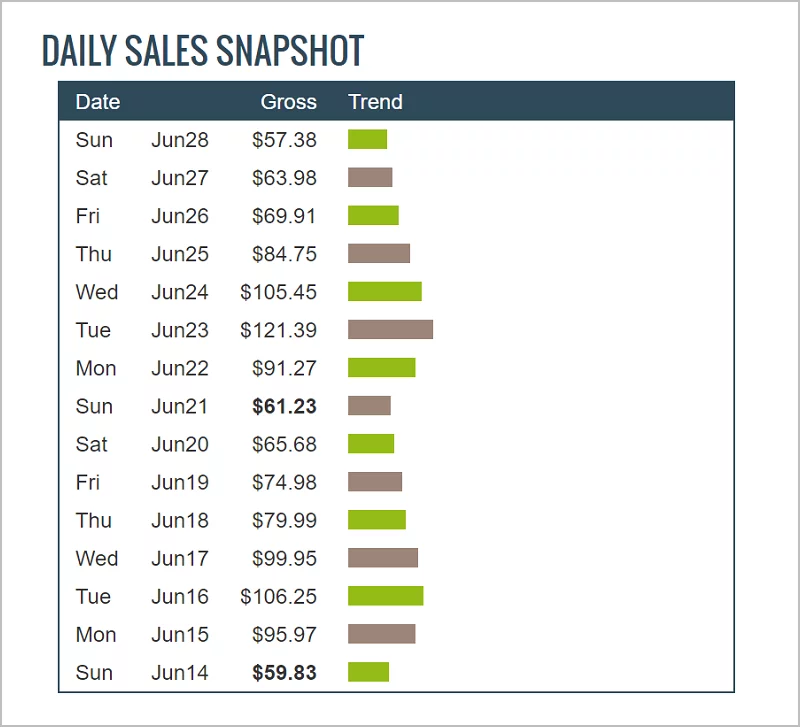
It’s an excellent online marketing strategy for small businesses looking to expand their reach.
How to Implement:
- Set up an affiliate program and recruit affiliates interested in promoting your products.
- Provide affiliates with marketing materials, such as banners, links, or coupon codes.
- Track affiliate performance using platforms like ClickBank, Digistore24, ShareASale or CJ Affiliate.
Pro Tip: Offer competitive commission rates to attract high-quality affiliates.
10. Content Syndication
Content syndication involves sharing your content on other websites and platforms to increase visibility and reach a larger audience. This strategy allows your small business to gain more exposure and attract potential customers who might not have found your content otherwise.
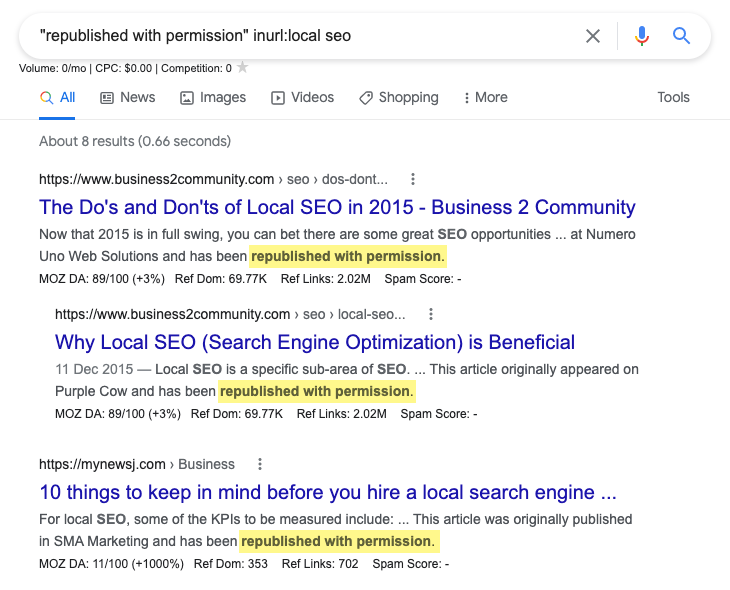
How to Implement:
- Identify high-authority websites, forums, or platforms that accept syndicated content (e.g., Medium, LinkedIn, Quora).
- Republish your blog posts, articles, or infographics on these platforms while linking back to your website.
- Use different formats, such as slideshows or podcasts, to diversify your content reach.
Pro Tip: Ensure the websites you syndicate to have a similar target audience to avoid irrelevant traffic.
11. Online Communities and Forums
Participating in online communities and forums related to your industry can help establish your business as a trusted authority. By sharing your knowledge and answering questions, you can attract potential customers and build relationships.
How to Implement:
- Join relevant forums or groups on platforms like Reddit, Facebook Groups, or Quora.
- Regularly contribute by answering questions, providing solutions, or sharing valuable insights.
- Include links to your website or blog posts when appropriate, but avoid overly promotional tactics.
Pro Tip: Be genuine in your interactions and focus on adding value to the community rather than just promoting your business.
12. Webinars and Online Workshops

Webinars and online workshops are an excellent way to engage with your audience, showcase your expertise, and promote your products or services. They allow you to interact with potential customers in real-time, answer their questions, and build trust.
How to Implement:
- Choose a topic that aligns with your audience’s interests or pain points.
- Promote the webinar through your website, email list, and social media channels.
- Offer a Q&A session at the end to address any concerns and encourage participation.
Pro Tip: Record your webinar and repurpose it as a downloadable resource or use snippets for social media promotion.
13. Retargeting Ads
Retargeting ads are an effective way to re-engage potential customers who have previously visited your website but didn’t take action. By displaying targeted ads to these visitors across different platforms, you increase the chances of converting them into paying customers.
How to Implement:
- Set up retargeting campaigns using platforms like Google Ads, Facebook Ads, or AdRoll.
- Create ads that offer special discounts, limited-time offers, or remind users about products they viewed.

- Use engaging visuals and clear calls to action to encourage clicks.
Pro Tip: Segment your retargeting audience based on their behavior (e.g., cart abandoners, page viewers) to deliver more personalized ads.
14. Referral Marketing
Referral marketing leverages your existing customers to attract new ones by encouraging them to recommend your products or services to others. It’s an effective and low-cost way to generate leads, as people are more likely to trust recommendations from friends or family.
How to Implement:
- Create a referral program that rewards customers for bringing in new clients (e.g., discounts, freebies, or cashback).
- Promote your referral program through email marketing, social media, and on your website.
- Use referral software like ReferralCandy, Yotpo, or Referral Rock to manage and track your program.
Pro Tip: Make it easy for customers to share referral links by providing pre-written templates or social media posts.
15. Analytics and Tracking
Tracking your online marketing efforts is crucial to understanding what’s working and what isn’t. By monitoring key metrics, you can make data-driven decisions and optimize your strategies for better results.
How to Implement:
- Use tools like Google Analytics, Google Search Console, and Facebook Insights to monitor website traffic, user behavior, and engagement.
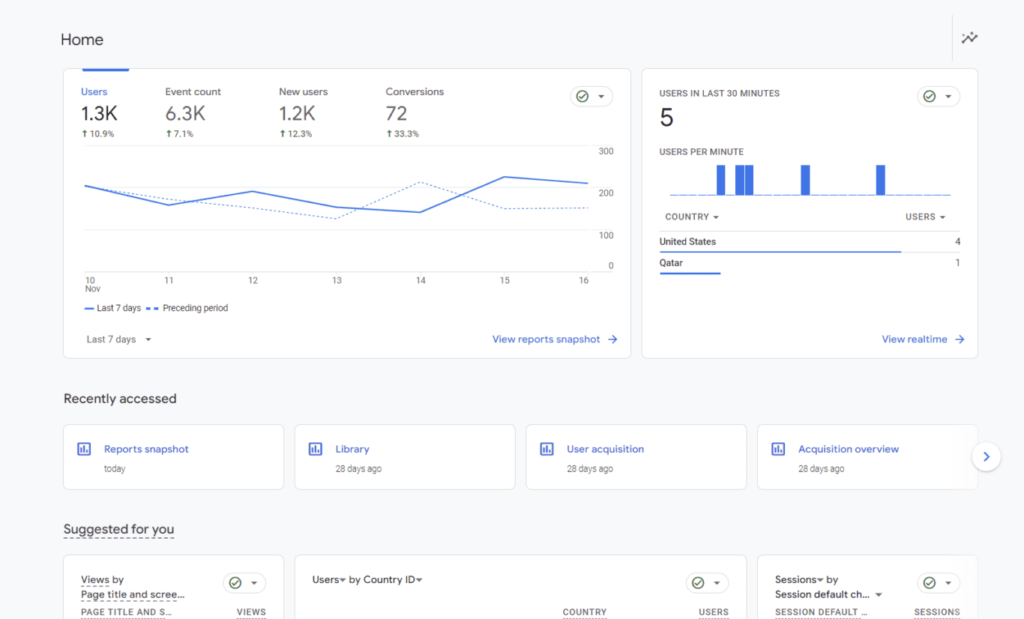
- Set up conversion tracking to measure the effectiveness of different campaigns.
- Regularly analyze your data to identify trends, strengths, and areas for improvement.
Pro Tip: Create monthly or quarterly reports to evaluate the ROI of your online marketing strategies and adjust accordingly.
Conclusion
Implementing these 15 effective online marketing strategies for small businesses can significantly boost your online presence, attract more customers, and drive sales. The key is to remain consistent, monitor your progress, and adapt your strategies to meet the evolving needs of your target audience.
By using a combination of SEO, content marketing, social media, email marketing, and other strategies, you can build a strong online presence and achieve long-term success.
Final Tips:
- Prioritize strategies that align with your business goals and target audience.
- Continuously test and refine your marketing campaigns for the best results.
- Stay updated with the latest digital marketing trends and tools to maintain a competitive edge.
By following this comprehensive guide, you’ll be well-equipped to implement powerful online marketing strategies for your small business and achieve greater visibility, engagement, and revenue.
Affiliate Disclaimer: Some of the links in this article are affiliate links, which means I may earn a commission if you click on the link and make a purchase. Please note that I only recommend products or services that I genuinely believe in and have personally experienced. Your purchase helps support my work in providing valuable content to readers like you. Thank you for your support!

